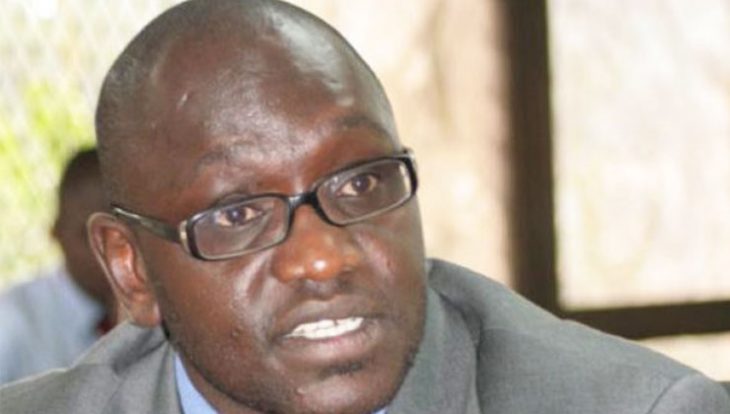
The Punguza Mizigo (Constitution of Kenya Amendment) Bill, 2019, is silent on the most fundamental feature that defines the 2010 Constitution: The Bill of Rights (Chapter 4).
Two key features define Dr Ekuro Aukot’s Bill. First, abolition of 290 constituencies as we know them to be replaced with 47 county-constituency electoral units for the National Assembly and the Senate. This is despite the fact that counties were not established on the legal population quotas criteria for electoral constituencies, but on arbitrary district boundaries.